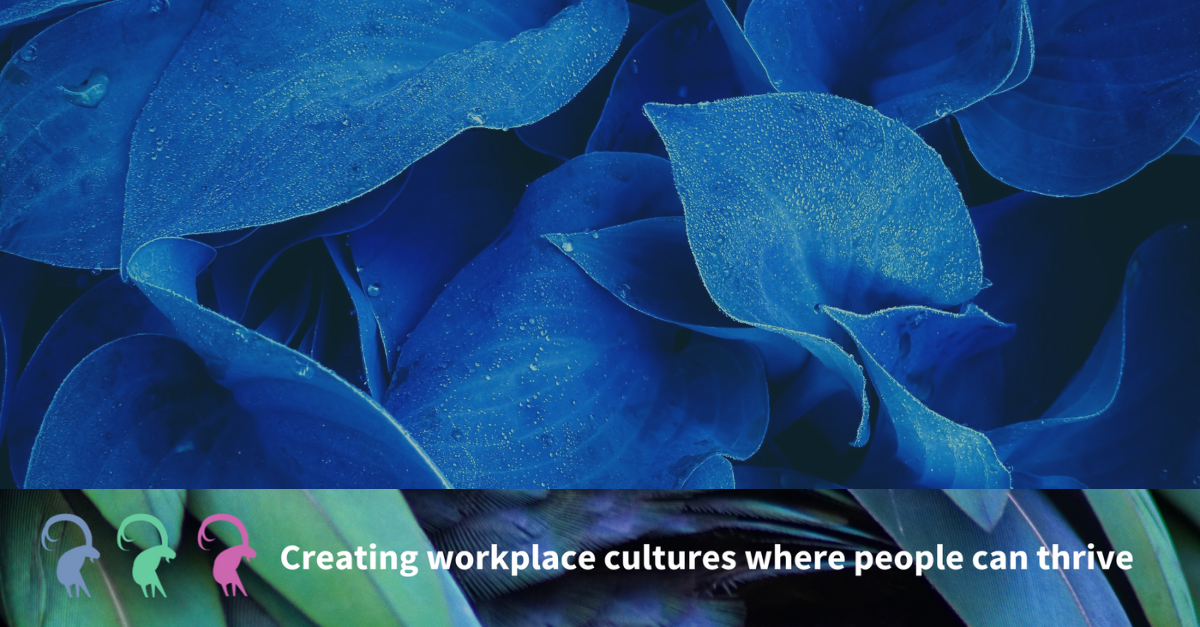As an organisation that specialises in conducting workplace investigations, we need to ensure a compassionate and person-centred approach when it comes to interviewing individuals and are acutely aware of how simple actions or omissions can significantly impact on the wellbeing of those involved, especially if they have experienced trauma. A trauma-informed approach is founded on five core principles; safety, trust, choice, collaboration and empowerment, as well as a respect for diversity.
Workplace investigations are critical in maintaining a fair and safe working environment and incorporating a trauma-informed approach into the PEACE model of interviewing (Preparation and Planning, Engage and Explain, Account, Closure, and Evaluation) ensures our interviews are people-centric and sensitive to the needs of all parties.
Here are a few tips on how to effectively combine these methods to conduct thorough and empathetic investigations.
Preparation and Planning
1. Understand Trauma: Before conducting any interview, educate yourself on the impacts of trauma. Recognise that trauma can affect memory, behaviour, and communication. This understanding will help you prepare for varied responses and adjust your approach accordingly.
2. Plan the Environment: Choose a quiet, private, and comfortable setting for the interview. We often give the interviewee the choice so that they have some control over the environment. Sometimes face-to-face is best, but in our experience often people prefer to conduct sensitive interviews remotely so that they can do so from a safe space for them, such as their own home. If face-to-face, consider factors such as seating arrangements to avoid creating a confrontational atmosphere and ensure the space is free from interruptions to help the interviewee feel safe and secure.
3. Prepare Questions with Sensitivity: Formulate questions that are open-ended and non-judgmental. Avoid leading or accusatory questions that may retraumatise the interviewee. Plan carefully but be prepared to adapt your questioning based on the interviewee’s responses. Remember the interviewee’s memory may be affected by trauma, and so consider questions about their feelings and senses in addition to questions about dates, times and locations.
Engage and Explain
1. Build Rapport: Begin the interview with a warm introduction, explaining your role and the purpose of the interview. Establishing trust is crucial, so take the time to engage in small talk and demonstrate genuine empathy and understanding.
2. Explain the Process: Clearly outline the interview process, including what will happen during and after the interview. Explain the interviewee’s rights, such as the right to take breaks and to have a support person present. This transparency helps reduce anxiety and empowers the interviewee.
3. Obtain Consent: Ensure that the interviewee consents to the interview process. This includes consent for recording the interview, if applicable. Respect their autonomy and be prepared to address any concerns they may have.
Account
1. Encourage Narrative: Allow the interviewee to share their account in their own words without interruptions (often called ‘free recall’). This approach not only respects their perspective but can also provide a more comprehensive understanding of the situation.
2. Use Active Listening: Demonstrate active listening by maintaining eye contact, nodding, and providing verbal affirmations. Reflect back what you have heard to show that you are engaged and to clarify any ambiguities.
3. Be Patient: Trauma can affect an individual’s ability to recall events accurately and coherently. Be patient and give them time to respond. Avoid pressing for details they may not remember, and recognise that fragmented accounts are common in people who have experienced trauma.
Closure
1. Summarise Key Points: At the end of the interview, summarise the key points shared by the interviewee. This not only shows that you have listened but also provides an opportunity for them to clarify or add information.
2. Explain Next Steps: Outline the next steps in the investigation process. Ensure the interviewee knows who to contact if they have further information or concerns. Provide them with resources, such as support services, if needed.
3. Express Gratitude: Thank the interviewee for their time and cooperation. Acknowledge the difficulty of discussing sensitive issues and express appreciation for their willingness to participate.
Evaluation
1. Reflect on the Interview: After the interview, take time to reflect on the process. Consider what went well and what could be improved. Reflecting on your approach helps you to continuously develop your skills and maintain a people-centric focus.
2. Seek Feedback: If appropriate, seek feedback from the interviewee about their experience. This can provide valuable insights into how your approach was perceived and how it might be enhanced in future interviews.
3. Document Thoroughly: Ensure that your notes and recordings are detailed and accurate. This documentation is essential for the integrity of the investigation and can be critical if the case progresses to formal proceedings.
In summary, Adopting a trauma-informed approach within the PEACE model not only facilitates a more compassionate and effective investigation but also respects and supports the well-being of all participants. As workplace investigators, our goal is to uncover the truth while minimising harm and promoting a fair and respectful environment. By integrating these techniques, we can conduct our interviews in a way that is both thorough and empathetic, ultimately contributing to a healthier workplace culture.
As well as ensuring all our own investigators are trained in these techniques, we have been developing training to support organisations to upskill their own internal workplace investigators. If you would like to discuss this further, please do not hesitate to get in touch: contactus@ibexgale.com
Author: Zoe Wood, Associate Director & Kimberley O’Donnell, Associate.




